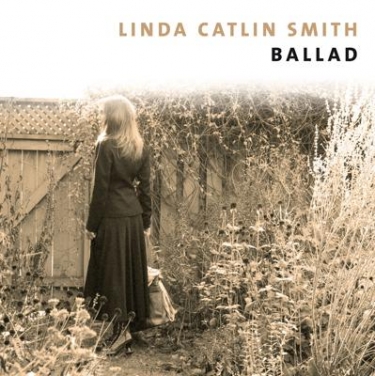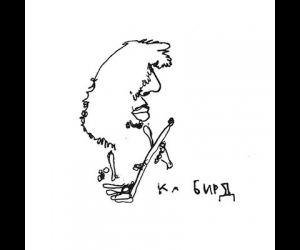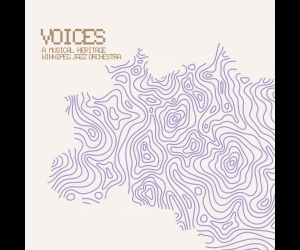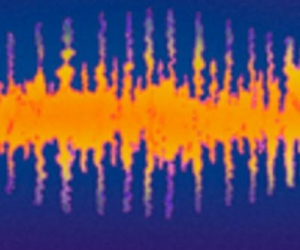
Something about Linda Catlin Smith’s music has always struck me as paradoxical. On the one hand, her work is irrefutably about tone colour, yet her focus on melody and her avoidance of extended techniques undermines this impression. Her work also comes off with the utmost clarity, as each idea and statement is presented patiently, and often reiterated. Yet after several listens one is left with a sense of curiosity and of the work having somehow evaded the listener’s grasp.
Ballad, a work for cello and piano, maintains a reflective tone and pulse throughout, offering different perspectives on a few distinct themes. As with many of Smith’s other pieces, openness and sparseness pervade the piece, but coupled here with a certain deliberateness about the durations, over which musical ideas are articulated and exposed. Instead of enforcing a sense of hovering stasis or ascetic contemplation, the effect is more one of immersion, allowing space for the listener to become acclimatized to the composers’ more intimate and minute gradations of forward momentum. Although there are few concessions made to established climatic or narrative structures, there is tremendous movement within her music.
Her extremely refined gestural language is the key to maintaining this constant flow. On a larger temporal plane, motion is created through the shifts of register and harmonic colour, as well as by the introduction of new material in a sparing yet totally sensitive manner.
Andrew Smith and Eve Egoyan’s performances balance the meditative clarity and emotional charge necessary to convey Smith’s sound world. Egoyan’s touch demonstrates her familiarity with Linda Catlin Smith’s piano writing as she deftly paints each sonority with great care.


